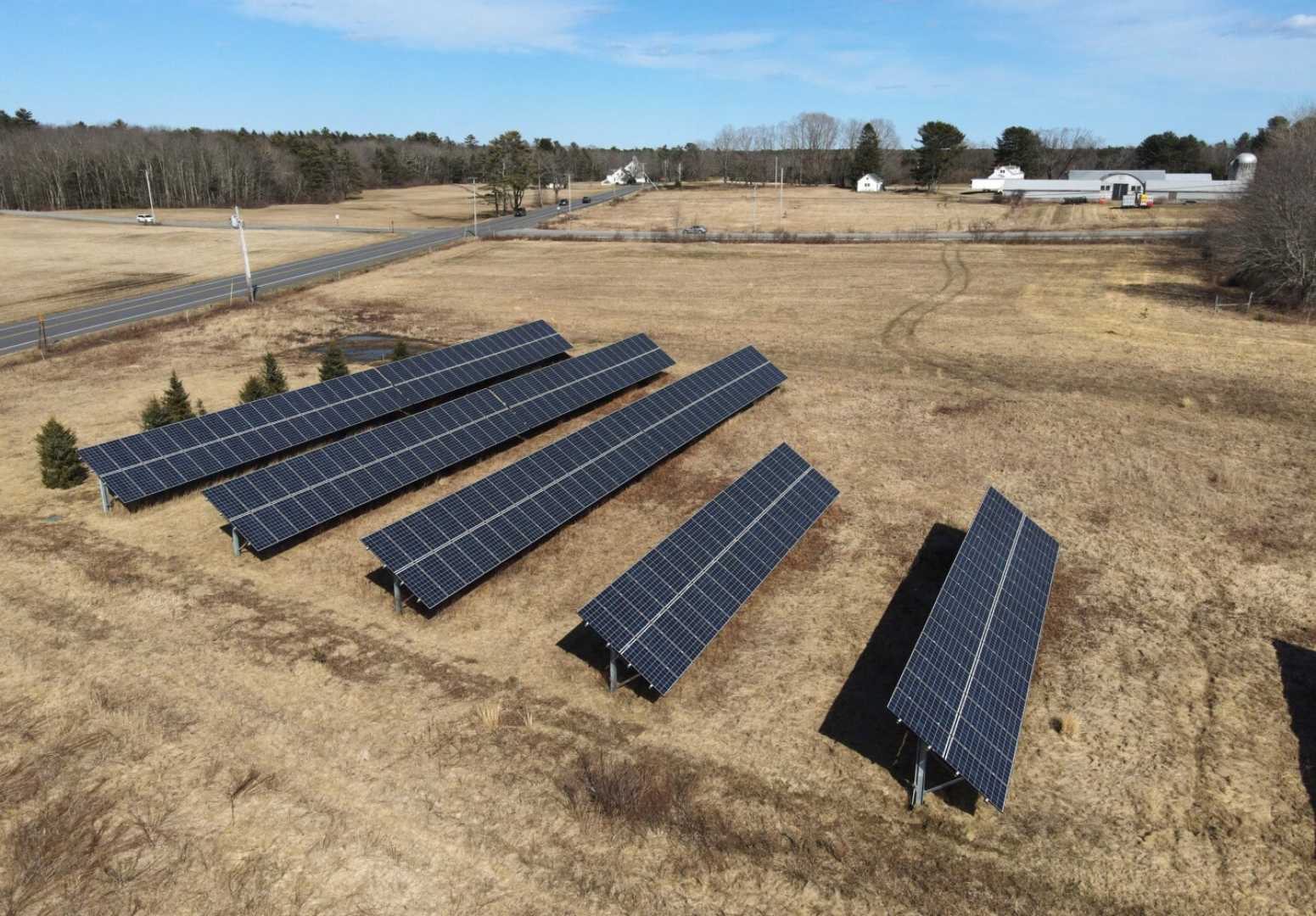News
Maine Consumers Urged to Check Community Solar Billing Amid Discrepancies

PORTLAND, Maine — The Maine Office of the Public Advocate is advising residents enrolled in community solar programs to review their utility bills carefully. This follows reports from some customers who have not seen the expected savings on their bills. Public Advocate Heather Sanborn emphasized that while there are no indications of widespread fraud, some issues related to billing may exist.
“We’re concerned that other solar providers may not have set up their billing situation correctly to account for these alternative delivery rates,” Sanborn said. “It’s essential for consumers to check and ensure they are receiving the promised benefits.”
In recent weeks, customers such as Daryl and Didi Sawyer from Westbrook expressed their frustrations, stating that they were promised substantial savings when they enrolled in a community solar farm a year ago. However, they reported paying more for electricity than before joining the program.
“We haven’t saved money since we started,” Daryl Sawyer said. “It’s just been a nightmare.” The couple highlighted that they never received a promised $200 Visa gift card and currently manage two bills instead of one, complicating their finances further.
According to Sanborn, the Public Advocate’s office has received numerous complaints regarding double billing and difficulties in exiting contracts with solar providers. “We have heard a lot of concerns about the confusion about double billing,” she noted. “Not being able to get out of a contract right away.”
Some customers have reported monthly savings of $40 to $60, but many others, including the Sawyers, have expressed a desire to terminate their agreements entirely. “I think that if people want to be out, they should be able to drop it,” Didi Sawyer added.
Sanborn is calling on solar companies to meticulously review their records and ensure accurate billing practices are in place. Failure to address these billing discrepancies may prompt an investigation by the Maine Public Utilities Commission. “It’s critical for solar companies to verify chosen delivery rates and issue refunds or credits for any overcharges,” she said.
To protect themselves, Sanborn encourages potential solar subscribers to read contracts thoroughly and understand cancellation policies before signing up. “You need to be aware of some of this mismatch in timing that may come into play,” she explained, noting that solar credits typically apply in the summer when solar generation is at its peak, but might not reflect on winter bills.
Maine’s community solar initiative aims to enhance accessibility to renewable energy sources, offering potential savings to households without the need for individual solar panels. As these issues arise, scrutiny of the community solar market may heighten, emphasizing the importance of consumer awareness and company transparency.












